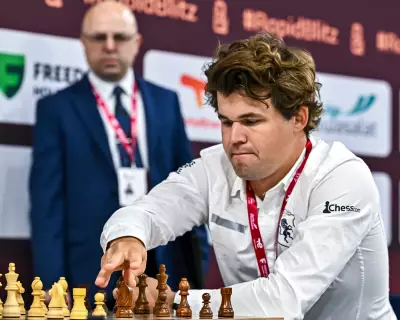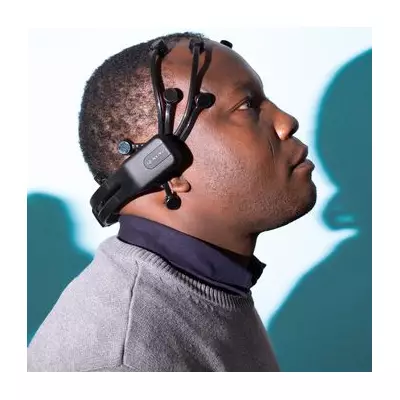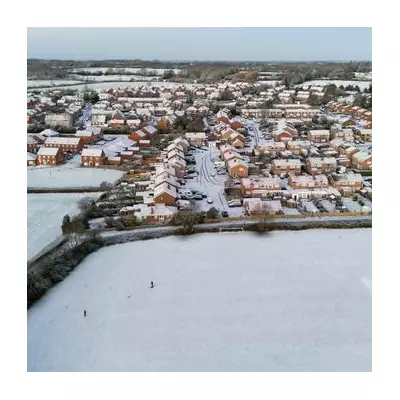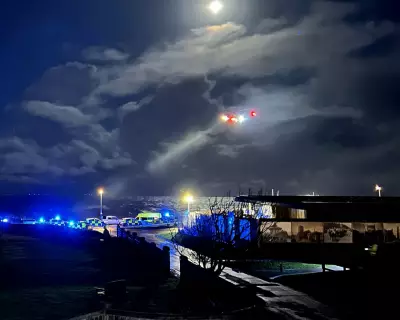Entertainment
Run Away's Henry Thorpe Fate: Netflix Thriller's Hidden Murder Explained
Netflix's Run Away leaves a key character's fate ambiguous. We explain the off-screen murder of Henry Thorpe and the Shining Truth cult's deadly conspiracy. Stream now.
Sports
Barnes Urges Chelsea to Pick Fabregas Over Rosenior for Manager Role
Liverpool legend John Barnes says Cesc Fabregas is the 'right fit' for Chelsea, warning Liam Rosenior isn't ready. Read the latest on the Blues' manager search.
Politics
Palestine Hunger Striker Loses Speech After 61 Days Without Food in UK Prison
Heba Muraisi, on hunger strike in a Yorkshire prison in solidarity with Palestine Action, reports losing her ability to form sentences. Lawyers warn of 'potential death'.
Crime
Police Search for Missing 17-Year-Old Tourist Last Seen in London's Chinatown
Met Police urgently seek information on Sarra, 17, last seen in Chinatown/Covent Garden on 23 December. She was wearing a white hoodie and trousers. Call 999 with info.
Health
Weather
UK Snow: 7 Met Office Warnings as -8C Freeze Hits
The UK faces a severe cold snap with up to 50cm of snow forecast. Met Office issues multiple amber and yellow warnings for snow and ice, causing widespread travel disruption.
Met Office Snow & Ice Warnings Blanket UK
The Met Office warns of a prolonged cold snap with up to 50cm of snow and -8C temperatures. Full list of areas under amber and yellow warnings for snow and ice.
Arctic Blast Brings Snow, Ice and Travel Chaos Across UK
The UK faces a bitterly cold snap with temperatures plunging to -10C, sparking amber weather warnings, travel disruption, and NHS alerts. Stay informed and travel safely.
Arctic Blast Brings 10cm Snow Across UK, More Forecast
The UK wakes to stunning winter scenes as an Arctic air mass brings up to 10cm of snow, with warnings for more heavy falls and bitterly cold temperatures persisting. Stay #WeatherAware.
Search for two missing off Withernsea after man dies
A major search operation is underway off the East Yorkshire coast after a 67-year-old man died. Emergency services battle freezing conditions to find two missing people. Read the latest updates.
Tech
Get Updates
Subscribe to our newsletter to receive the latest updates in your inbox!
We hate spammers and never send spam
Environment
UK Geography Weekend Special
Weekend special: 100 questions about UK geography. Perfect for students preparing for exams or anyone who loves learning about Britain's diverse landscapes.









































